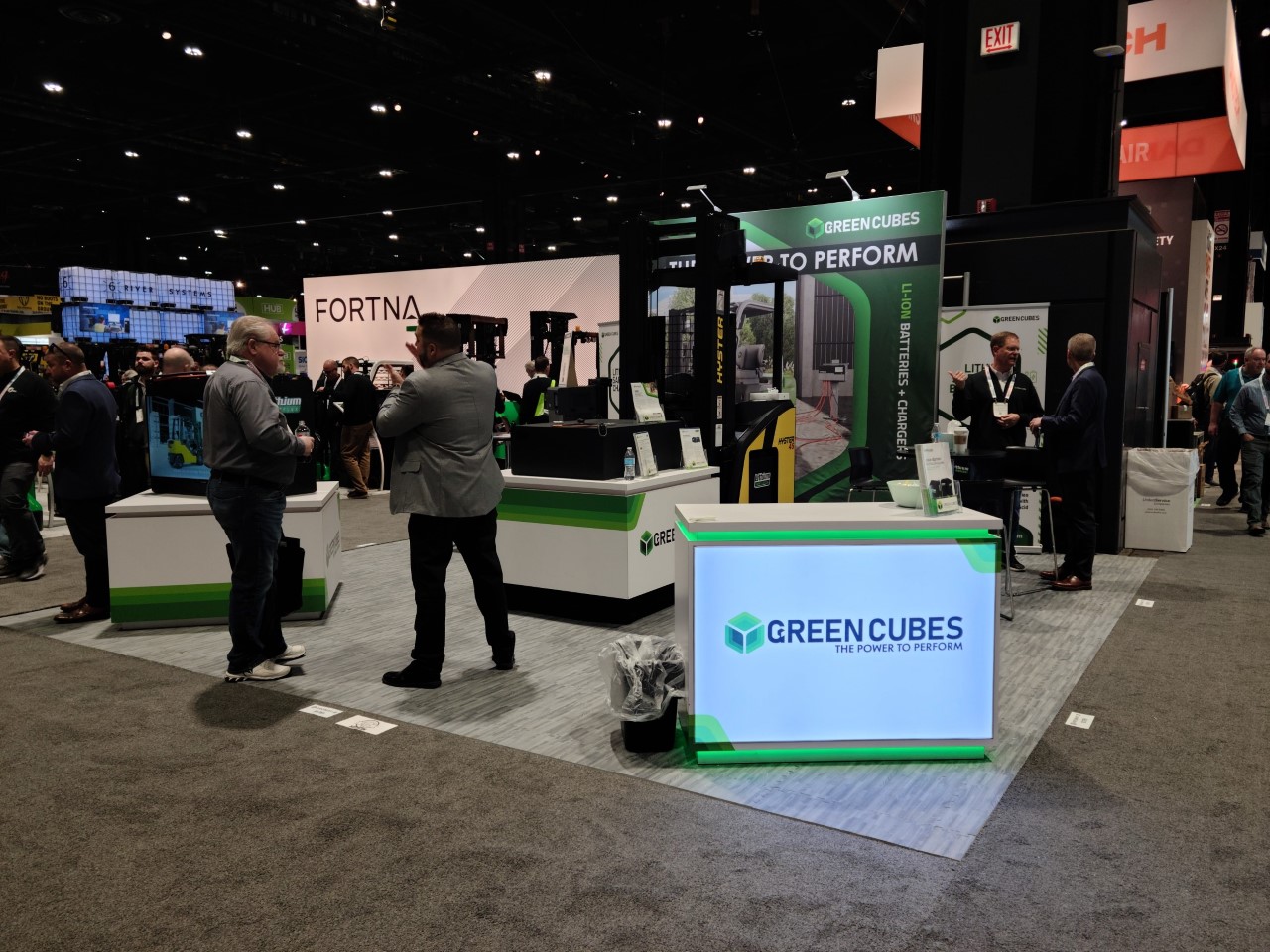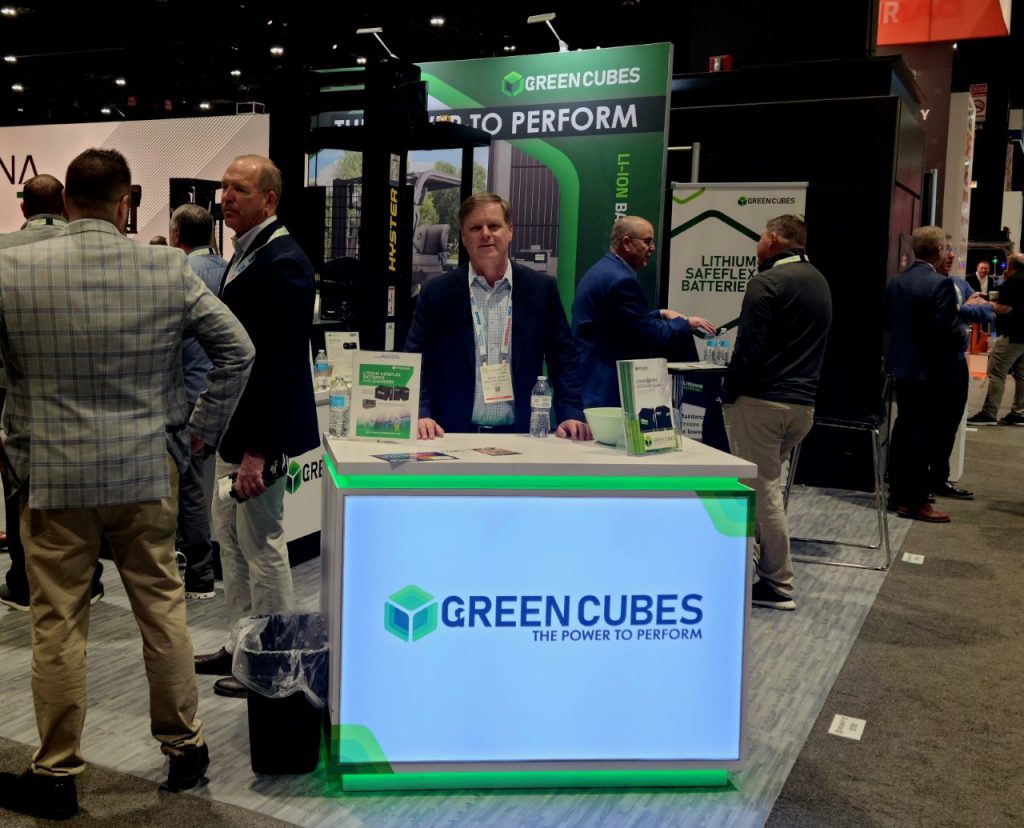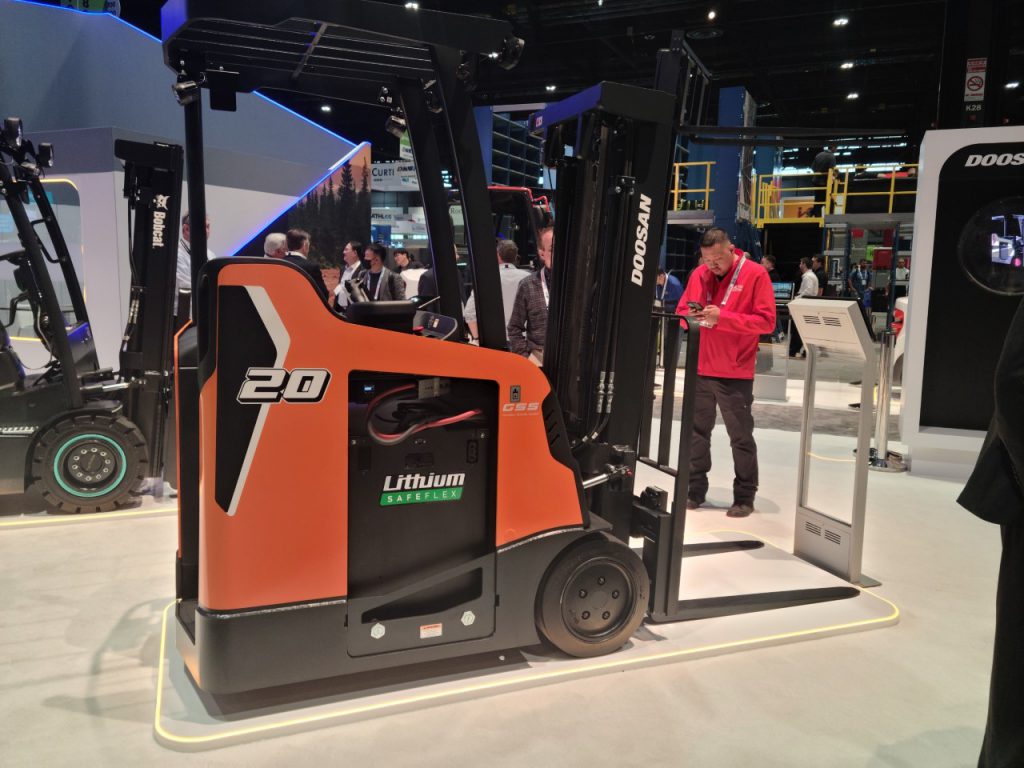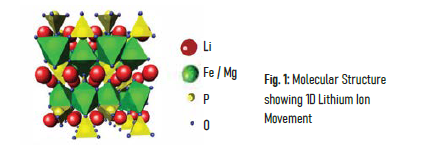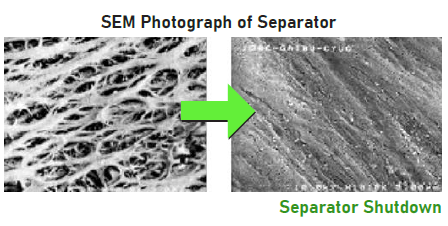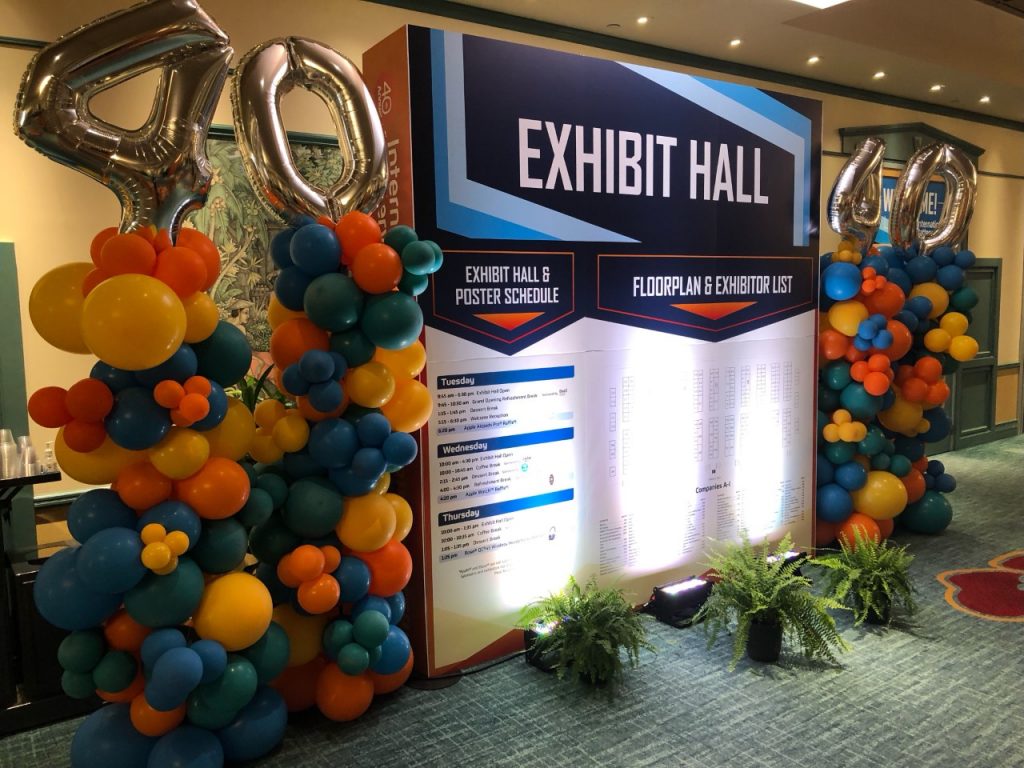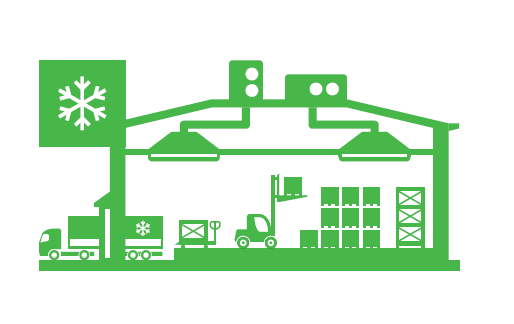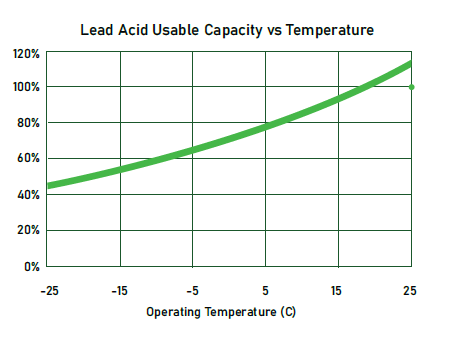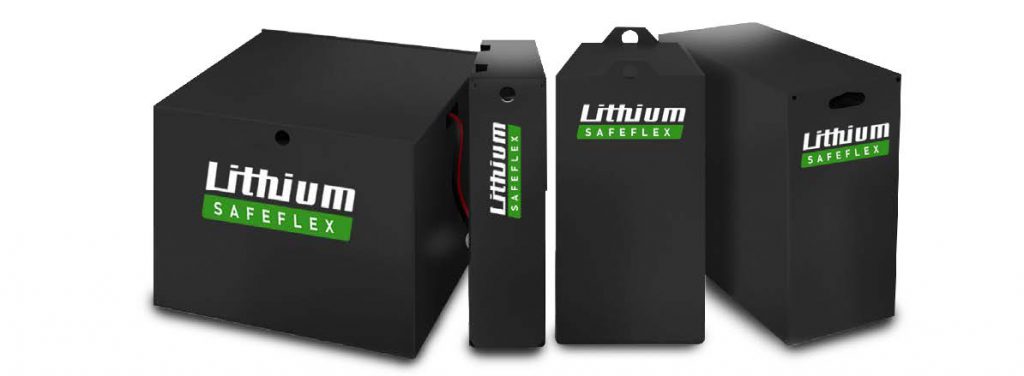A seismic shift is ongoing in the energy space, as transportation, industry, and other sectors turn toward electricity and away from fossil fuels to supply their power. Our director of marketing Robin Schneider shares her thoughts with POWER magazine on the push for electrification.
ABOUT GREEN CUBES TECHNOLOGY
Green Cubes Technology develops and manufactures a complete portfolio of lithium power systems that enable its OEM and enterprise customers to transition from Lead Acid and Internal Combustion Engine (ICE) power to Lithium-ion battery power. Green Cubes utilizes proven hardware and software platforms to build the most reliable lithium battery systems in its industries. With over 300 employees across six countries, Green Cubes has been producing innovative, high-performance, and high-quality products since 1986. For more information, email info@greencubestech.com or visit greencubestech.com.



